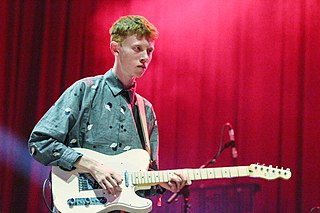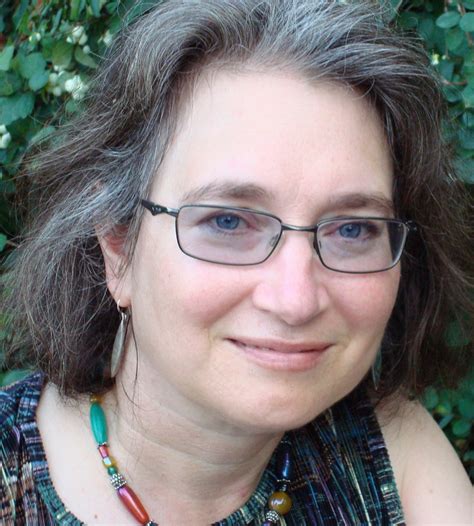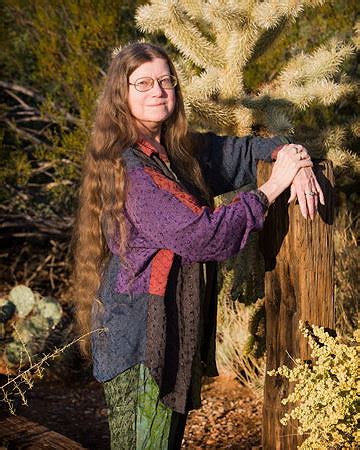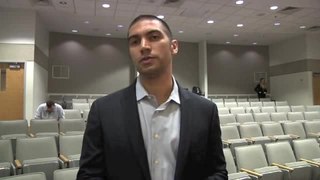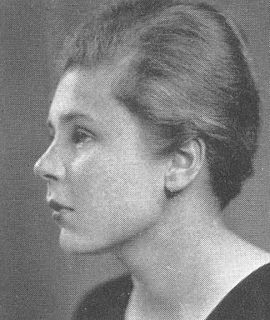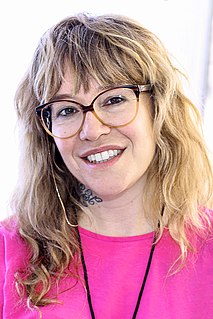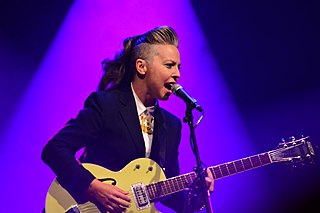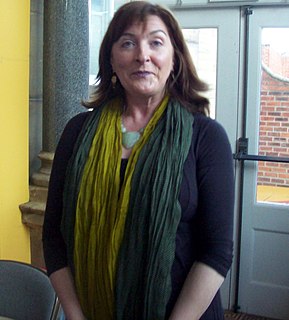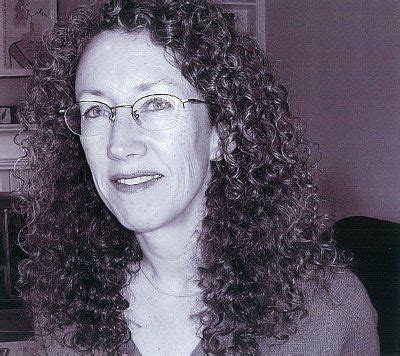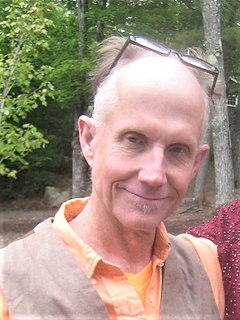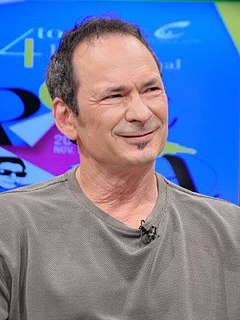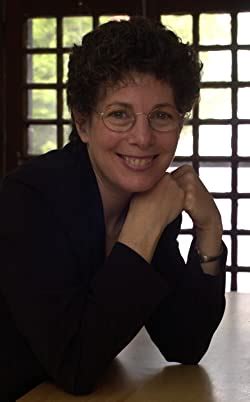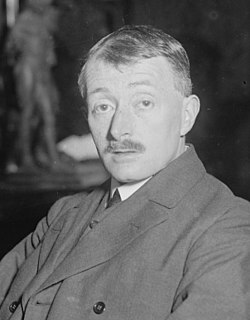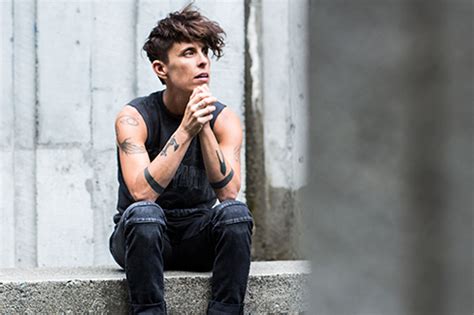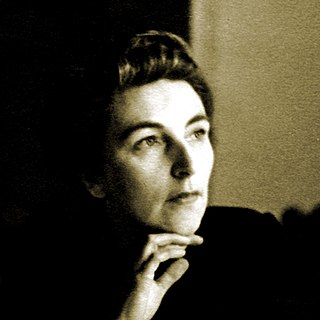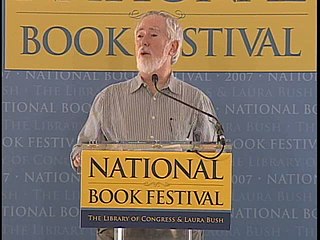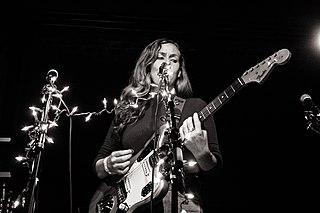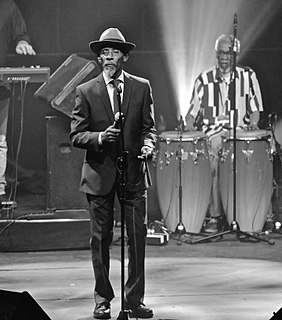Top 1200 Poems Quotes & Sayings - Page 20
Explore popular Poems quotes.
Last updated on April 21, 2025.
It all depends on what I'm working on and if there is a deadline involved. Anything that's headed toward a magazine or newspaper is hacked out on the computer; that's a matter of efficiency. I write longer pieces of prose on a typewriter because the act of retyping it for the computer is a useful tactic for revision. Poems tend to be written longhand.
Lenelle Moïse's poems render the abstract - policy, disaster, history, diaspora - specific. Her words make the political not just personal, but corporeal: the beautiful system of the human body as canvas and subject, perfect in all its attendant complications and complexity, and still ruled, undeniably, by a warm, beating heart.
Poetry itself is music. I'm just lucky that I can convert it into music. William Blake is my favorite poet of all time, and he said that he wasn't quite familiar with the sounds of music. If so, he would have been a musician. All of his poems are all like songs, and that's how I always try to start my thoughts.
After all, poets shouldn't be their own interpreters and shouldn't carefully dissect their poems into everyday prose; that would mean the end of being poets. Poets send their creations into the world, it is up to the reader, the aesthetician, and the critic to determine what they wanted to say with their creations.
There's no telling from poem to poem where this brilliant 'conversation' about maleness and gender will lead---there are poems about husbands and wives, parents and children, Elvis, Apollo, Walt Whitman, rhythms of its politics. Manthology is a remarkably honest and enormously heartening collection.
Peter Hyland's poems are both elegantly wrought and meditatively wild. They testify to an original, restless intelligence. He can cast his imagination into a woman's dress, the mind of a grasshopper, or into the glass eyeballs of a buffalo head mounted on the wall of a home in suburban Texas to contemplate 'man's tireless ingenuity.'
When I was a kid, I suppose I got more praise for being able to draw things and paint things than I did for my little amateur poems I was writing. But the thing that I'm trying to do with my painting is that I'm trying to keep it in the realm of pleasure. I don't show my work, I don't try to sell it.
Robert Creeley has forged a signature style in American poetry, an idiosyncratic, highly elliptical, syntactical compression by which the character of his mind’s concentrated and stumbling proposals might be expressed … Reading his poems, we experience the gnash of arriving through feeling at thought and word.
'Love, Death and the Changing of the Seasons' is a kind of novel in verse about the arc of an urban lesbian love affair - and I suppose there is a certain amount of voyeurism in the consumption of fiction! The 'Sancerre' poems here are more contemplative and about the relationship of the individual to local and wider histories.
I have earned wages as a waitress, a nanny, a librarian, a personnel officer, an agricultural laborer, an advertising secretary, a typesetter, a proofreader, a mental-health-care provider, a substitute teacher, and a book reviewer. In and around the edges of all those jobs I have written poems, stories, and books, books, books.
If you know what you're looking for, the illustrations might give you a tip about what is coming in that section. But it takes a lot of study and familiarity with the work for anyone to really "decode" it, and there are also images that are just thematically important, and not necessarily pointing to specific poems, so mainly it was just a fun puzzle for ourselves.
She [Carol Parsinan] somehow read my poems and came back to me and convinced me that I could be a poet, that I had the passion and the enthusiasm and the creativity to become a poet, but that what I was writing was not poetry because I was just expressing my feelings and I wasn't try to make anything.







